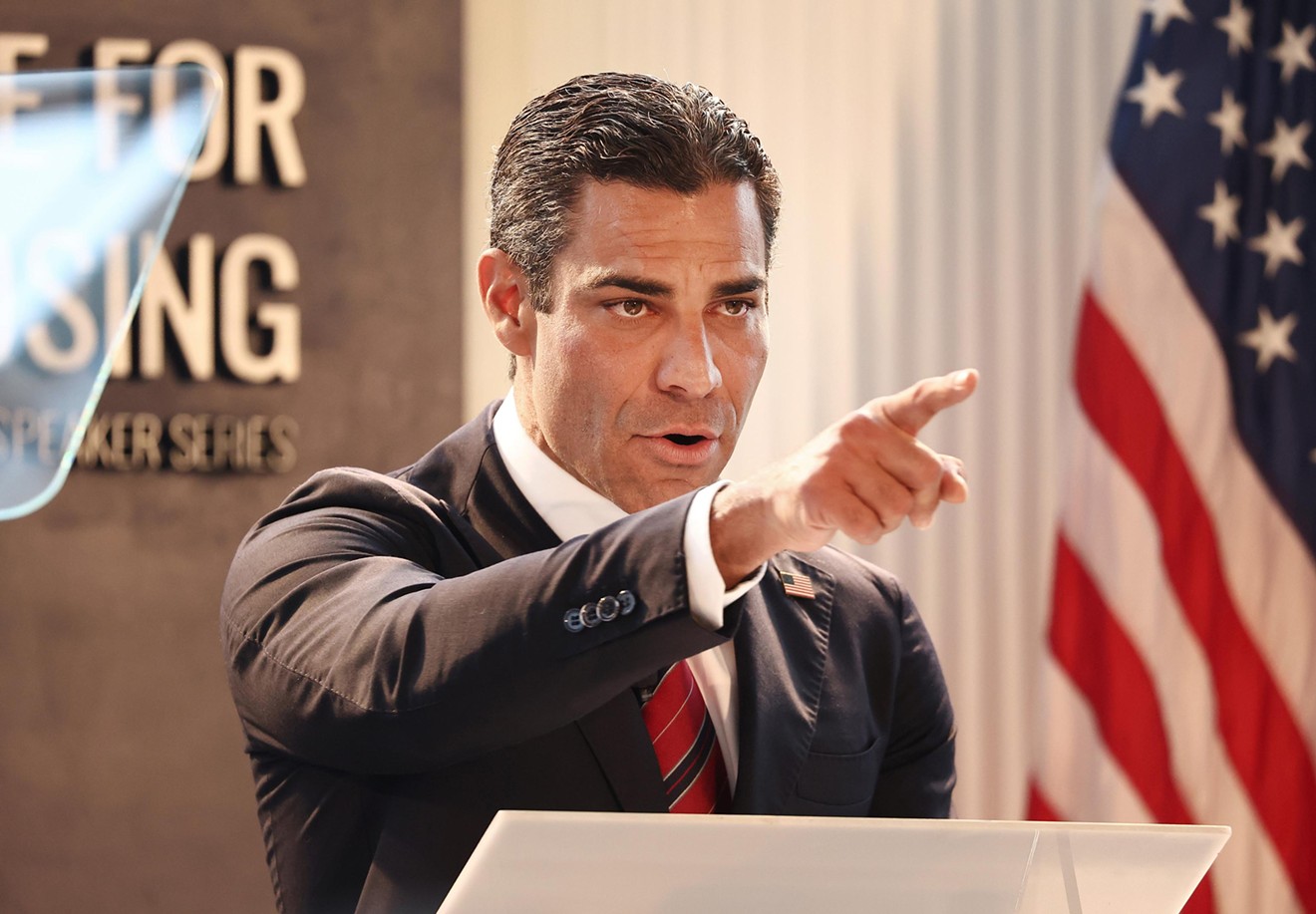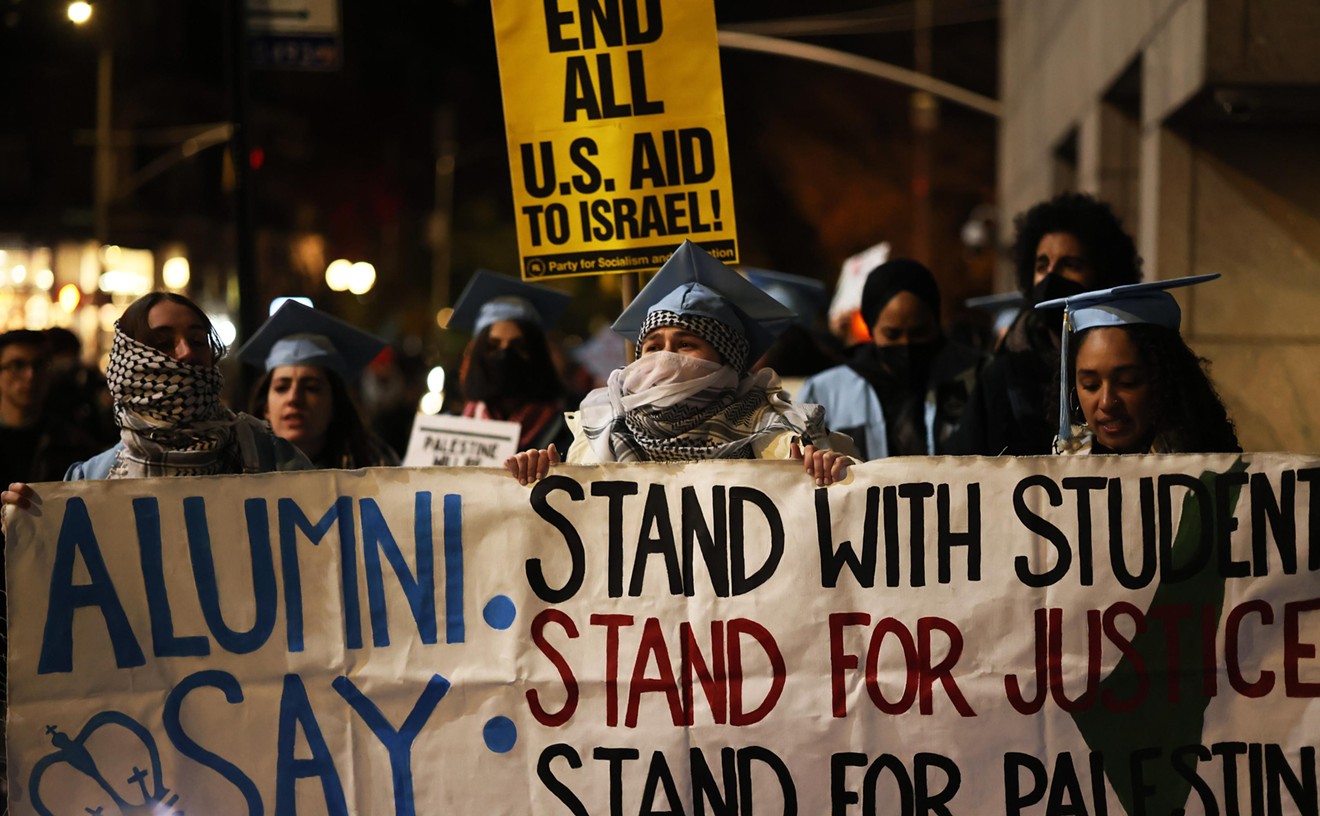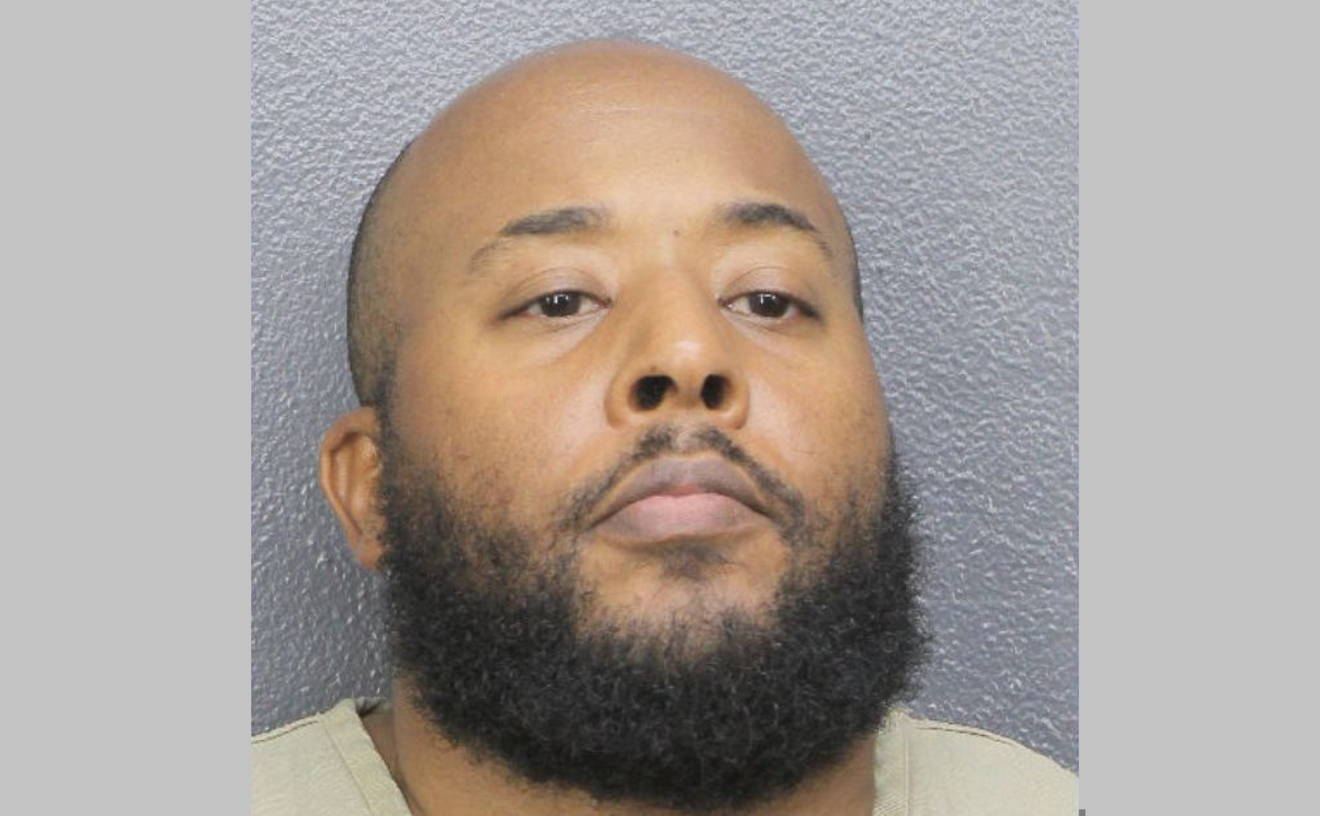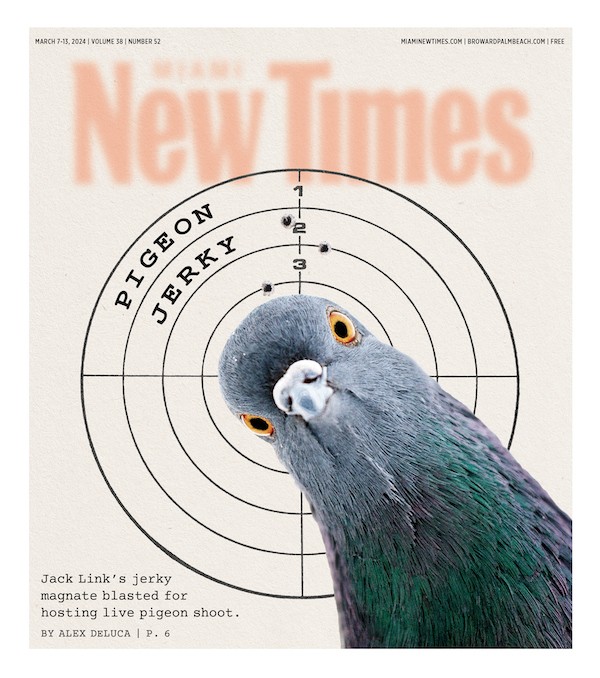Update published 2/1/2024: The Florida Commission on Ethics has dismissed an ethics complaint against Miami Mayor Francis Suarez that alleged he exploited public resources for his personal political benefit by taking a security detail of city police officers on the campaign trail during his short-lived White House bid.
Activist Thomas Kennedy filed the complaint after New Times obtained records indicating the city paid more than $20,000 for Suarez's security detail as he made presidential campaign stops last summer. Miami-Dade County's ethics guidelines prohibit the "use of public resources in support of any political campaign or candidate."
The police officers' hotel rooms and flights were billed to the city, with their trips on the presidential campaign trail described in internal memos as "travel on city business."
The Florida ethics commission ruled that under state law, however, the complaint did not meet the standard to show Suarez "corruptly used or attempted to use" his position or resources within his public trust to benefit himself.
"No factual investigation preceded the review, and therefore the Commission's conclusions do not reflect on the accuracy of the allegations of the complaint," the commission stated.
The commission wrote that there was no indication in the complaint that Suarez coerced the city into providing the security detail, and that decisions to spend "city funds to protect a traveling city officer are within the discretion of the city purchasing officers and employees."
In response to the dismissal, Kennedy maintained that the mayor has a pattern of exploiting his public office for personal gain. Kennedy notes a separate ethics complaint he filed against Suarez pertaining to the mayor's VIP access at Miami's Formula 1 events and a trip to the 2022 World Cup in Qatar was deemed legally sufficient and an investigation was subsequently opened. The matter is set to go before the commission early next month.
"The mayor is wrapped up in a lot of troublesome investigations and conflict of interests," Kennedy tells New Times. "He is, in my opinion, misusing public office to personally benefit and enrich himself."
Suarez, who has yet to respond to New Times' questions about whether the security costs were ever reimbursed, published a statement on social media following news of the complaint dismissal. He claimed he has been the target of a "vicious, dishonest smear campaign led by a small group of special interests hellbent on destroying" the city's reputation.
"The commission's action exposes the coordinated coup attempt that radical liberal activists, political mercenaries, and their allies in the local leftist media have perpetrated in the City of Miami," the mayor claimed.
The original story follows below.
Another state ethics complaint has been filed against Miami Mayor Francis Suarez.
In a complaint filed last week with the Florida Commission on Ethics, activist Thomas Kennedy accuses Suarez of violating state ethics law by spending taxpayer funds on personal security during his bid for president. The complaint cites records previously obtained by New Times that showed Miami Police Department officers traveled on the campaign trail with Suarez and billed the city more than $20,000 for their hotels, transportation, and meal expenses.
"Mayor Francis Suarez is misusing public resources for personal political benefit,” Kennedy wrote in the complaint.
In an email sent to Kennedy on Tuesday, Millie Fulford, complaint coordinator for the Florida Commission on Ethics, confirmed receipt of the complaint.
Florida law requires that public resources and city staff only be used for public purposes. If the City of Miami is not reimbursed for the costs, Suarez’s use of city funds during his brief presidential campaign could breach the regulations, government ethics expert Caroline Klancke told New Times in early November.
Typically, when a sworn ethics complaint is received by the commission, it first needs to be found "legally sufficient" (i.e., the allegations, if proven true, would violate state law). If the complaint meets that criteria, it is assigned to a staff investigator.
When reached by New Times, the commission declined to comment on the complaint.
"As long as a complaint remains in a confidential stage, neither Commission members nor staff are free to comment on it to members of the public or the press," commission spokesperson Lynn Blais wrote via email.
It’s unclear whether an investigator has been assigned to the case. A spokesperson for Suarez has not responded to a request for comment.
Suarez recorded the sixth shortest presidential run in modern U.S. history, according to University of Minnesota researcher Eric Ostermeier. After failing to qualify for the first Republican primary debate despite initial claims he would be on the debate stage, he was the first Republican candidate to drop out of the race.
Kennedy filed a prior state ethics complaint against Suarez in August, when he requested that the commission investigate who paid for Suarez's VIP access at Miami's Formula 1 events over the last two years and his trip to the 2022 World Cup in Qatar. The mayor was pictured in Qatar alongside soccer legend David Beckham, who has a pending deal with the City of Miami to build a new stadium for his team Inter Miami.
After several Instagram photos showed the mayor and his wife at the glitzy Paddock Club during the recent F1 weekend, as well as the exclusive Carbone Beach dinner, the Miami Herald reported that billionaire Citadel CEO Ken Griffin provided Suarez tickets to the dinner event and the race.
Under state law, Suarez is required to disclose gifts over $100. He also cannot accept expensive gifts from lobbyists, their employers, or city vendors.
When confronted by reporters about how the F1 weekend gifts could run afoul of state law, Griffin's spokesperson said Suarez had paid Griffin back for the ticket costs. The Herald reported that Suarez declined to comment and did not provide documents or receipts to confirm repayment.
The mayor later denied wrongdoing in an interview with Local10.
"Many people have told me that they expect me to attend these events. I helped bring Formula 1 to Miami over the course of multiple years," Suarez said in response to a question about the tickets from Griffin. "Since you cannot accept gifts from a lobbyist, I paid for it."
Suarez filed a gift disclosure in October indicating that South Florida Motorsports LLC, the organizer of the Miami Grand Prix (and a subsidiary of the Miami Dolphins), paid for his ticket for the Saturday F1 qualifier race at the 2023 Miami Grand Prix. Billionaire Stephen Ross, chairman of the global real estate firm The Related Companies, owns the Dolphins and Hard Rock Stadium, where the Miami Grand Prix operates its racing circuit.
Regarding his trip to Qatar, the mayor's office previously told reporters that no city funds were used on the voyage. However, public records later obtained by New Times appeared to conflict with that statement, showing that two sergeants-at-arms traveled to Qatar with the mayor on the city's dime.
Kennedy filed a similar complaint with the county ethics commission over Suarez's Formula 1 outings, but it was dismissed after the commission found Kennedy did not show substantial personal knowledge of the alleged violation, a requirement under county rules.
Adding to scrutiny of the mayor's dealings, the Miami Herald reported in June that the Federal Bureau of Investigation was investigating $10,000 monthly payments that developer Rishi Kapoor made to Suarez, a hired consultant, and whether Suarez accepted the compensation in exchange for helping Kapoor's company Location Ventures advance its Coconut Grove development project.
Rejecting claims that Kapoor curried favor with him through the consulting payments, Suarez has insisted he had "absolutely no involvement" in the project approval.
Government
Florida Ethics Commission Dismisses Complaint Against Mayor Suarez Over Security Detail
The City of Miami was billed for hefty personal security costs accrued by Mayor Suarez during his blink-and-you'll-miss-it presidential run.

Miami Mayor Francis Suarez announces his presidential run at the Ronald Reagan Presidential Library on June 15, 2023 in Simi Valley, California.
Photo by Mario Tama/Getty Images
[
{
"name": "Editor Picks",
"component": "17482312",
"insertPoint": "4",
"requiredCountToDisplay": "1"
},{
"name": "Inline Links",
"component": "18711090",
"insertPoint": "8th",
"startingPoint": 8,
"requiredCountToDisplay": "7",
"maxInsertions": 25
},{
"name": "Air - MediumRectangle - Combo - Inline Content",
"component": "17482310",
"insertPoint": "8th",
"startingPoint": 8,
"requiredCountToDisplay": "7",
"maxInsertions": 25
},{
"name": "Inline Links",
"component": "18711090",
"insertPoint": "8th",
"startingPoint": 12,
"requiredCountToDisplay": "11",
"maxInsertions": 25
},{
"name": "Air - Leaderboard Tower - Combo - Inline Content",
"component": "17482313",
"insertPoint": "8th",
"startingPoint": 12,
"requiredCountToDisplay": "11",
"maxInsertions": 25
}
]









